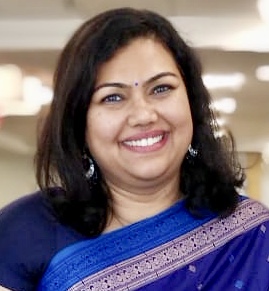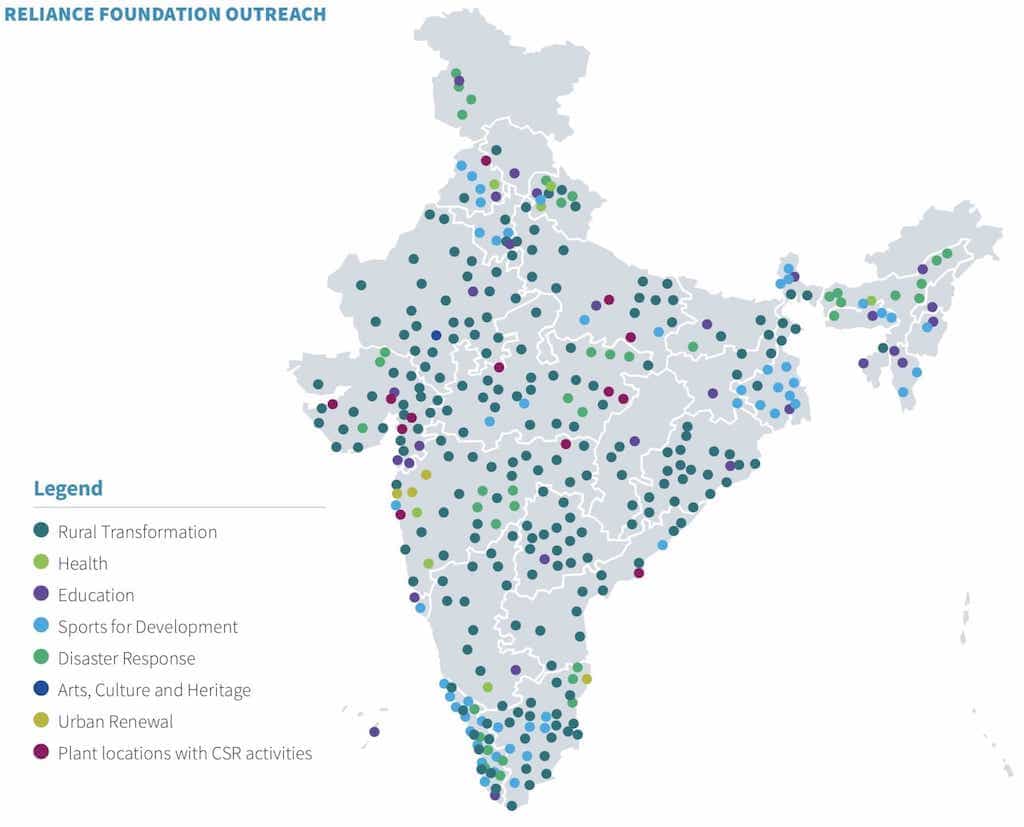By Vieshaka Dutta, Director, Inclusion & Diversity, Publicis Sapient
The International Women’s Day 2020’s theme, Each for Equal prompted corporates to take the opportunity to celebrate the women workforce and discuss equality at workplaces. A large section of society, mostly women, also celebrate this day with flair. We find a not so small group of critiques, that includes many women across age groups, who wonder why the topic of equality is still being highlighted in organisations. It is a fact that women have benefitted more than men from the progress in economic and social development in the last three decades. Nevertheless, women continue to be overrepresented among the world’s most vulnerable groups, as access to resources and power remains highly skewed towards men. If we dwell deeper, it is interesting that while gender equality is a goal in its own, it is also a key factor for sustainable economic growth, social development and environmental sustainability. By providing the same opportunities to women and men, including in decision-making in all kinds of activities, a sustainable path of development can be achieved to ensure that interests of all genders are taken into account in the allocation of resources.
Addressing inequalities in areas like control over natural resources and participation in decision-making contribute to greater gender equality, help women play more substantial roles in environmental sustainability, and have superbly strengthened the efforts. In the last couple of decades, there has been a notable shift and significant progress mainstreaming gender in sustainability projects. More systematic inclusion of gender aspects in our projects is creating positive synergies between improved environmental impact and greater gender equality.” Gabriella Richardson Temm, Senior gender and social issues specialist at the GEF. These projects often include more targeted investments in training and capacity-building that improves women’s ability to earn an income in ways that lead to the sustainable management of natural resources.
In India, the contribution of women in elevating efforts on sustainability has been commendable. Starting from Vandana Shiva leading the ecofeminist movement to increasingly active efforts in promoting waste prevention, reuse, recycling and recovery of materials with equal efficiency. According to 2018 global online survey: Mapping the status of women in the global waste management sector, was conducted by Women of Waste (WOW!) highlights an initiative lead by women in the waste sector. Supported by the International Solid Waste Association (ISWA), the survey revealed that women contribute significantly to the global waste industry, in a variety of roles across the waste management hierarchy, and through a diversity of organizations even though they are not very “visible” in society. Savita Hiremath from Bengaluru is one classic example of a woman who embarked on a mission to make waste management a part of people’s daily routine. Being a resident and a leading member of the Solid Waste Management Round Table (SWMRT), Savita stepped up and took charge of the system and launched several initiatives to drive the change.
Around 2006, I partnered with Wilma Rodrigues, Founder and CEO of Saahas to set up E-waste collection bins around prominent places in Bangalore. Saahas had the vision to educate RWAs and Corporates in Bangalore and also made serious efforts to train people to segregate and collect solid wastes way before the city municipal corporation made more stringent regulations around it.
These are just a few of the many brilliant examples where women have been in charge and have transformed the waste management system in the country. So, why are they not actively seen in other fields as decisionmakers and why aren’t they perceived in a leadership role?
In addition to a values-based case for gender equality, there is an accompanying economic imperative for including women more fully into society and the workplace. Women’s participation in the workforce is no longer perceived as a social issue alone, but also as a business issue—costing women, companies and ultimately entire economies. Women talent remains one of the most underutilized business resources, either squandered through lack of progression or untapped from the onset. The maternal instinct in every woman works in her favour allowing them to make decisions to avoid risks. In order to minimize losses, women are more receptive toward professional advice. Therefore, providing inspiration and momentum becomes critical for any organizational success which ultimately leads to a holistic plan for inclusivity and equality for women. Organizations can take more efficient policy decisions via heterogeneity and diversity.
In addition, a gender perspective also needs to be applied to STI (science, technology and innovation) policy-making, which is still far from being a reality today. UNESCO’s Natural Sciences Sector works to promote women’s participation in high-level processes shaping the science agenda and STI policies, thus ensuring that the unique perspectives of women scientists and women knowledge holders, are incorporated into solutions to the various challenges of advancing sustainable and equitable development.
Women’s economic empowerment is one of the cornerstones which stand to unlock unprecedented social and economic growth for India. We need to understand the role women will play in contributing towards charting this next stage of advancement for India and is committed to creating constructive interventions which allow women from all walks of life to come forward and have a successful career ultimately leading to equilibrium. The society and organizations need to make sure that our efforts for the future are inclusive and gender-responsive.
Views of the author are personal and do not necessarily represent the website’s views.
 Vieshaka Dutta is Director, Inclusion & Diversity at Publicis Sapient. She has over 15 years of experience and started her career in the field of environment management working with consultancies, corporates, national and international government organisations. Her interest and work shifted into the field of socio-economic environment, CSR and finally into a variety of HR roles. Her work on fostering Inclusion and Diversity spans over 10 years, in different industries and she is an SME in this field. She has large personal networks of women groups which she supports, and is also a strong ally for LGBT+ support movement in India.
Vieshaka Dutta is Director, Inclusion & Diversity at Publicis Sapient. She has over 15 years of experience and started her career in the field of environment management working with consultancies, corporates, national and international government organisations. Her interest and work shifted into the field of socio-economic environment, CSR and finally into a variety of HR roles. Her work on fostering Inclusion and Diversity spans over 10 years, in different industries and she is an SME in this field. She has large personal networks of women groups which she supports, and is also a strong ally for LGBT+ support movement in India.
Thank you for reading the column. Please drop a line and help us do better.
Regards,
The CSR Journal Team

